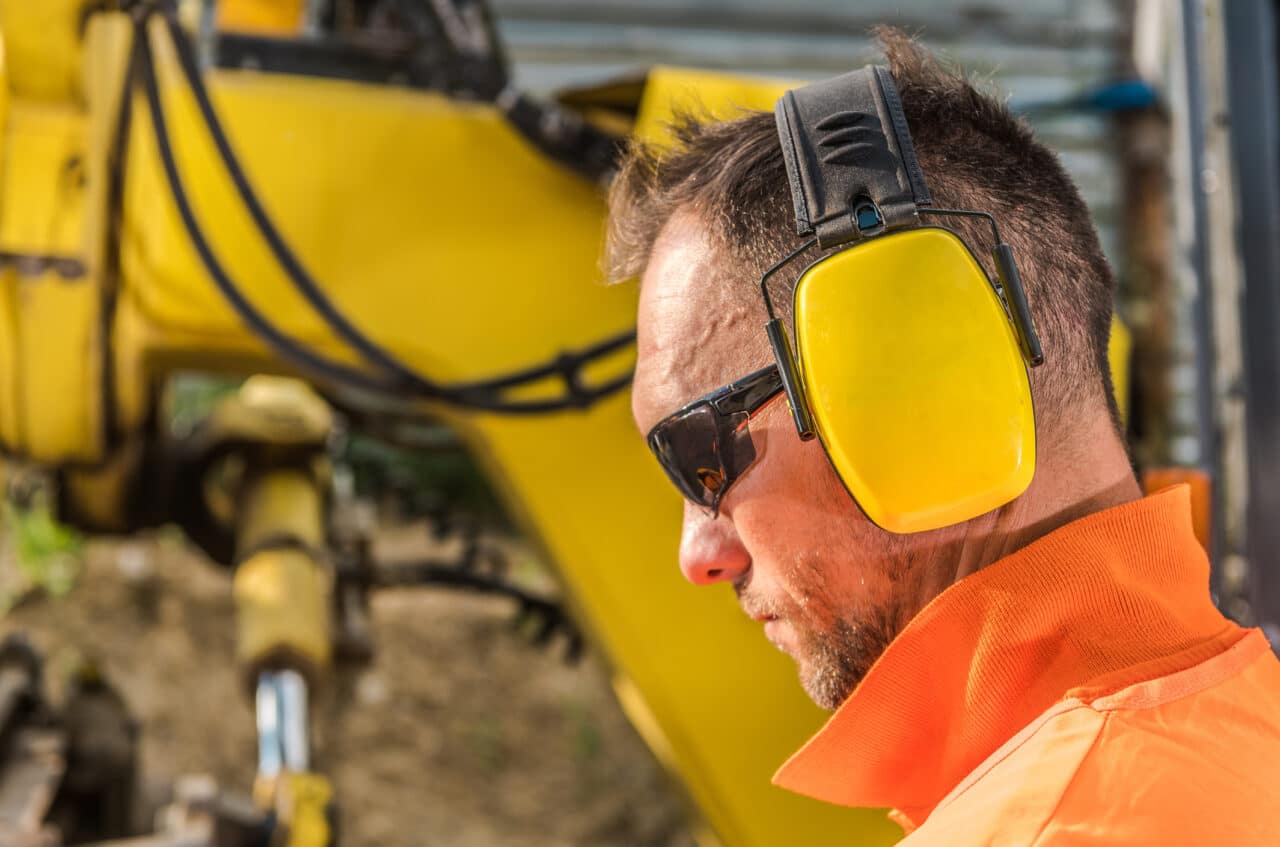Millions of American adults wear hearing aids. According to the Centers for Disease Control and Prevention, 7.1% of adults aged 45 and over reported using a hearing aid in 2019.
Hearing aids are a fantastic and essential tool for hearing loss. However, just because you use them does not mean that you don’t have to take other steps to protect your ears, as well.
Let’s go over a few situations where it’s essential to protect your ears while wearing hearing aids.
Using Ear Protection When Exposed to Loud Noise

Whether you work in a loud environment like a factory or construction site or enjoy louder hobbies like hunting or riding motorcycles through Georgia’s Armachee Loop, protecting your ears is essential to avoid further damage to your hearing.
However, this can sometimes pose a problem because hearing protection like earplugs isn’t possible to wear at the same time as your hearing aids. You don’t want to be in a situation where you have to choose between protecting your ears or wearing your hearing aids.
Thankfully, you can still use earmuffs that can fit entirely over your ears while still wearing your hearing aids. This lets you hear what you need to while keeping your ears safe.
Prevent Earwax Buildup From Causing Problems
Earwax can wreak havoc on both your hearing aids and cause problems with your ears if buildup occurs. If too much earwax accumulates on your device, it can cause problems like poor fit, feedback and even damage your hearing aid battery. This is why it’s essential to have a nightly cleaning routine where you wipe off your hearing aid with a soft, dry cloth or a soft-bristled brush.
Unfortunately, using hearing aids also makes it more likely that you’ll experience earwax buildup in your ear. This is because objects in your ear can both increase earwax production as well as block earwax from leaving the ear naturally. This blockage can lead to ear pain, irritation and even infection.
If this happens, don’t try to remove earwax with a cotton swab, as this could just make matters worse. Instead, visit a medical provider who can perform earwax removal in the office or recommend safe at-home remedies.
For more information on protecting your ears with hearing aids or to schedule an appointment, contact Advanced Hearing today.


